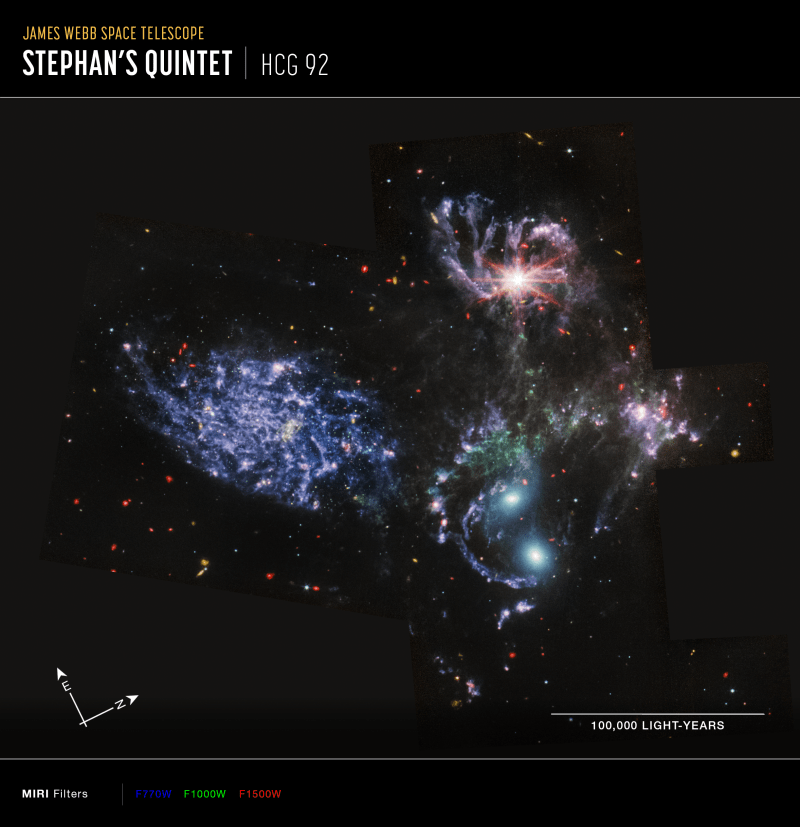
Human Editor + ChatGPT - "Write about the benefits and pitfalls of generative AI"
NOTE: This blog post was generated by ChatGPT but heavily edited by me (Jim Caruso). I used Grammarly, itself an AI-assisted editing tool, to provide some suggestions. My concerns:
This was not well-written. It had many duplicate phrases and wordings. Several sentences were passive voice, reflecting that these AI algorithms copy common wording and information. Last, the AI copy was not hard-hitting.
The AI gave guidance, but not nearly a polished piece.
ME + ChatGPT say, ...
Generative AI means machine learning algorithms that create new data, such as text, images, or music. These algorithms have the potential to revolutionize a wide range of industries, from entertainment and media to healthcare and finance. However, watch for the many actual pitfalls associated with generative AI, and it is essential to be aware before diving in.
One of the primary benefits of generative AI is its ability to create new and unique content. For example, a generative AI algorithm trained on existing story datasets might write an original story even though the technology plagiarizes across the training dataset (like the web). A generative AI algorithm has the potential to significantly increase the efficiency and output of the entertainment industry, as well as other creative industries such as graphic design and advertising.
Another potential benefit of generative AI is its ability to improve decision-making processes. AI-deduced patterns could be used to analyze large amounts of data and offer insights that human analysts might otherwise miss. These insights might improve financial forecasting, healthcare diagnosis, and many other fields.
Pitfalls associated with generative AI include improperly trained and monitored algorithms that generate biased or harmful content. For example, a generative AI algorithm trained on -- or unintentionally exposed to -- a dataset of racist or sexist text could produce similar output. Racist output hurts and may perpetuate harmful stereotypes. Ensuring that the dataset used to train the AI is diverse, accurate, and unbiased is vital.
Generative AI can create deepfake images and videos for malicious purposes, which spread misinformation, impersonate people, or form pornographic photos. It's crucial to develop countermeasures and regulations to prevent the misuse of such technology.
Additionally, generative AI could lead to job loss. As these algorithms become better at creating content, the risk is replacing human workers with poor output plus lower employment. AI could lead to a decrease in the number of jobs available, particularly in creative industries. It's essential to consider the potential impact on employment and the economy and act accordingly.
Another potential pitfall is the ethical considerations around the use of generative AI. The technology could create AI-generated individuals, raising ethical questions about their rights and treatment. Consider the ethical implications of the technology and develop guidelines for its use.
In conclusion, generative AI will revolutionize a wide range of industries and can improve decision-making and productivity. Understand potential pitfalls and take mitigating steps. Train algorithms correctly, monitor results, develop countermeasures, provide guidance to regulate misuse, and consider potential harm to individuals, employment, and truth.
Edited ChatGPT Blog Post, Copyright 2023 @jimcaruso
Here are some interesting and related links:
ChatGPT’s Mind-Boggling, Possibly Dystopian Impact On The Media World - Vanity Fair
"ChatGPT is fun, but not an author" - Science
I’m a copywriter. I’m pretty sure artificial intelligence is going to take my job - The Guardian
CNET's Article-Writing AI Is Already Publishing Very Dumb Errors - Futurism
